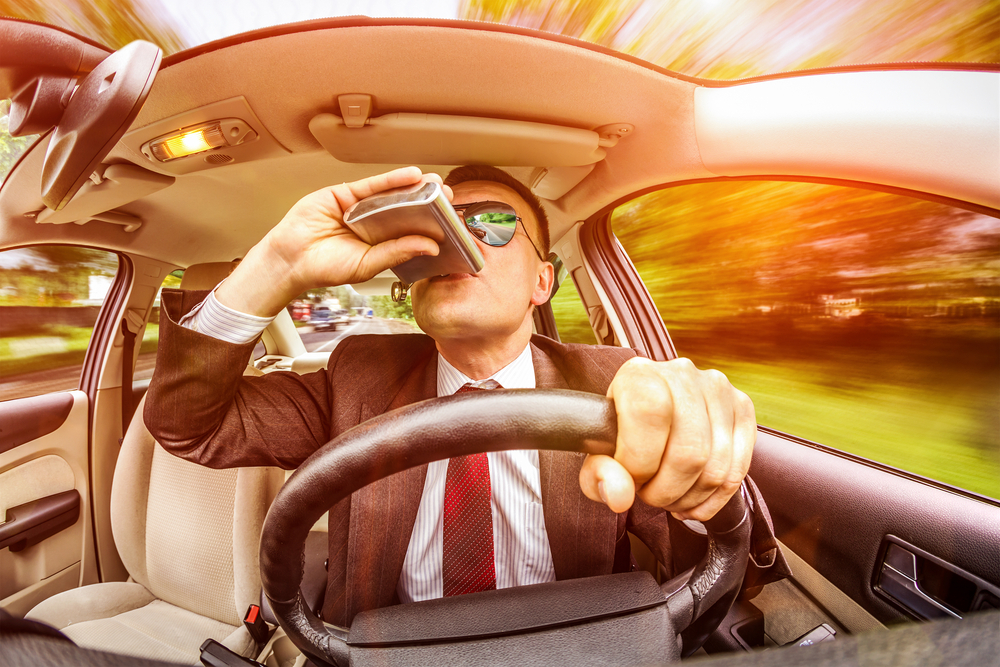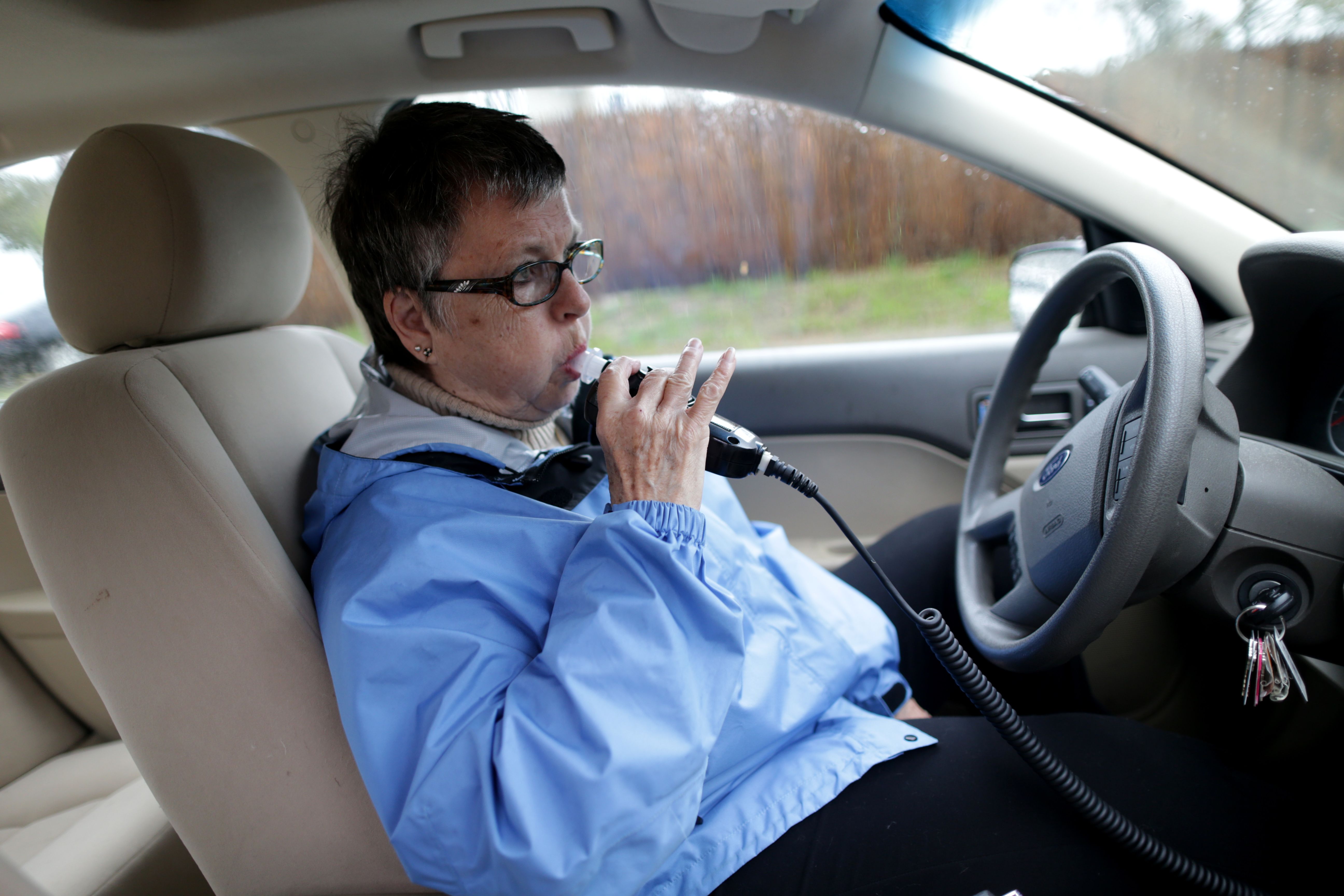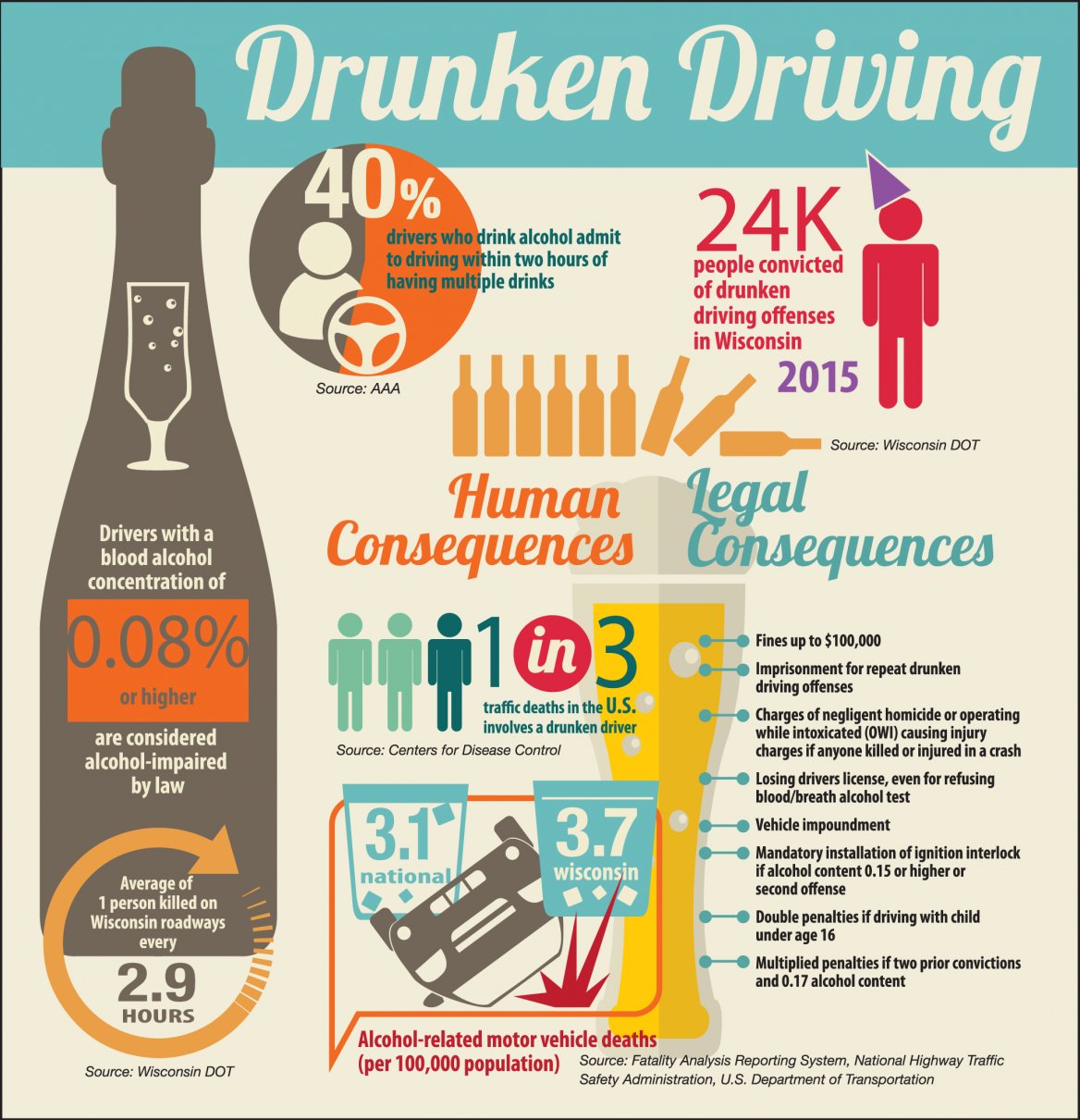Strategies to Prevent Drunk Driving: Community and Law Enforcement Solutions for 2023

by AutoExpert | 6 September, 2023
Drunk driving remains an issue that we just can't afford to ignore. The good news? Solutions exist, and they're evolving with the times. From innovative community initiatives to stricter law enforcement policies, let's explore how we can make our roads safer in 2023 and beyond.
Community-based Solutions
1. Designated Driver Programs
The concept is simple: Choose one person in your group to stay sober and drive everyone home. Some bars and restaurants even offer free non-alcoholic beverages to designated drivers.

2. Ride-Sharing Partnerships
Companies like Uber and Lyft are partnering with local establishments to offer discounted rides, especially during peak drinking hours, as a way to discourage drunk driving.
3. Awareness Campaigns
From social media blitzes to billboard advertisements, community-driven campaigns like Mothers Against Drunk Driving (MADD) play a critical role in educating the public.

Law Enforcement Strategies
1. Sobriety Checkpoints
These surprise stops allow police to evaluate drivers for signs of alcohol or drug impairment. Studies have shown that these checkpoints reduce alcohol-related crashes by about 9%.

2. Ignition Interlock Devices
Many states in the U.S. now require drivers convicted of DUI to install an ignition interlock device that prevents a car from starting if alcohol is detected on the driver’s breath.

3. Zero-Tolerance Laws
Some countries like Sweden have zero-tolerance laws where the allowed blood alcohol concentration (BAC) is as low as 0.02%.
Global Laws to Prevent Drunk Driving
United States
The legal BAC limit is 0.08%, although some states are considering lowering it to 0.05%.
United Kingdom
The UK has strict laws with a legal BAC limit of 0.08% in England, Wales, and Northern Ireland, and 0.05% in Scotland.
Australia
Down Under, learner and provisional drivers must have a zero BAC, while full license holders are limited to 0.05%.
Japan
Japan's drink-driving laws are among the strictest, with a BAC limit of 0.03%, and violators can face up to five years in prison or hefty fines.

The Time to Act Is Now
Whether through community action or law enforcement, preventing drunk driving is a collective responsibility. The more educated and vigilant we are, the safer our roads will become.

















